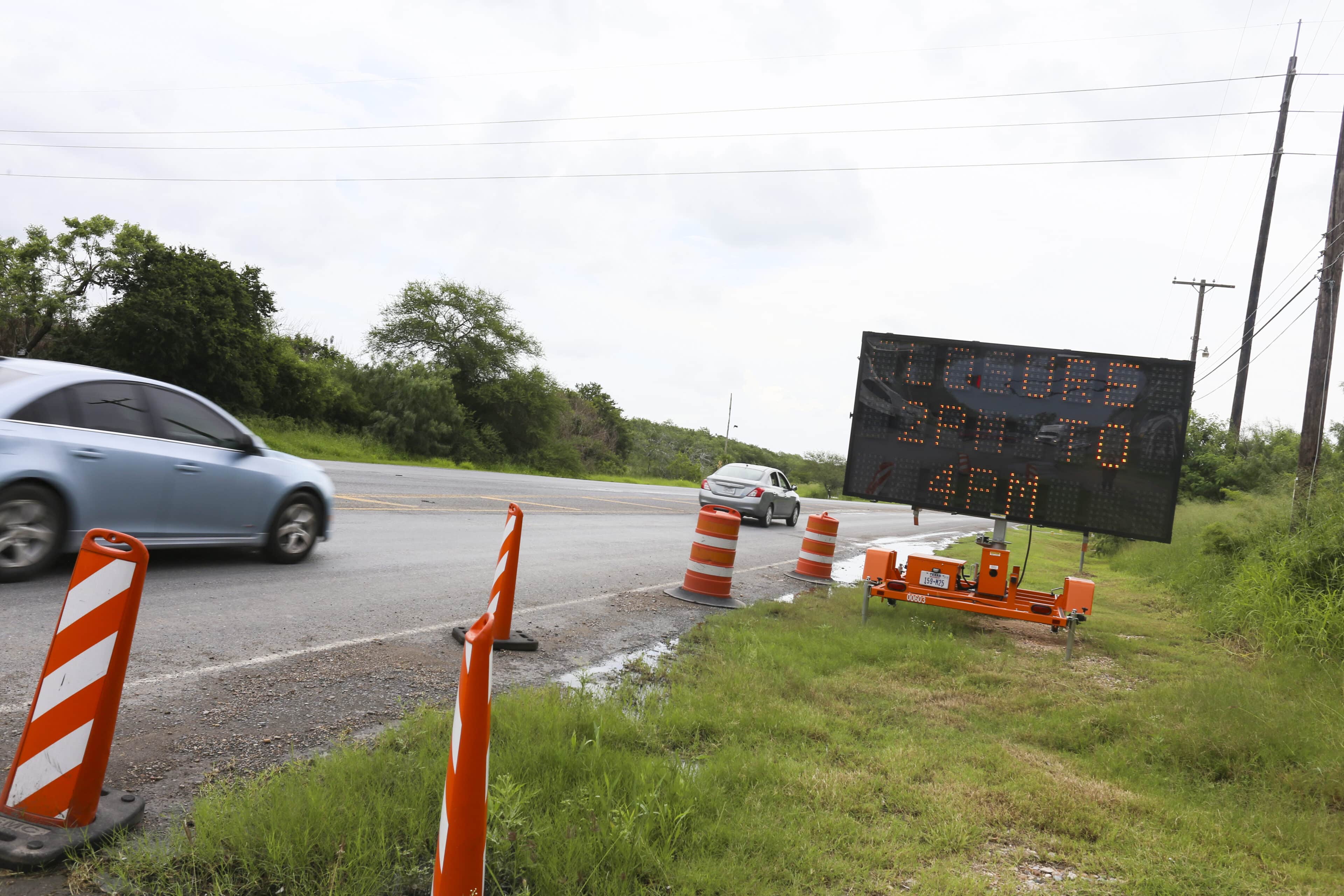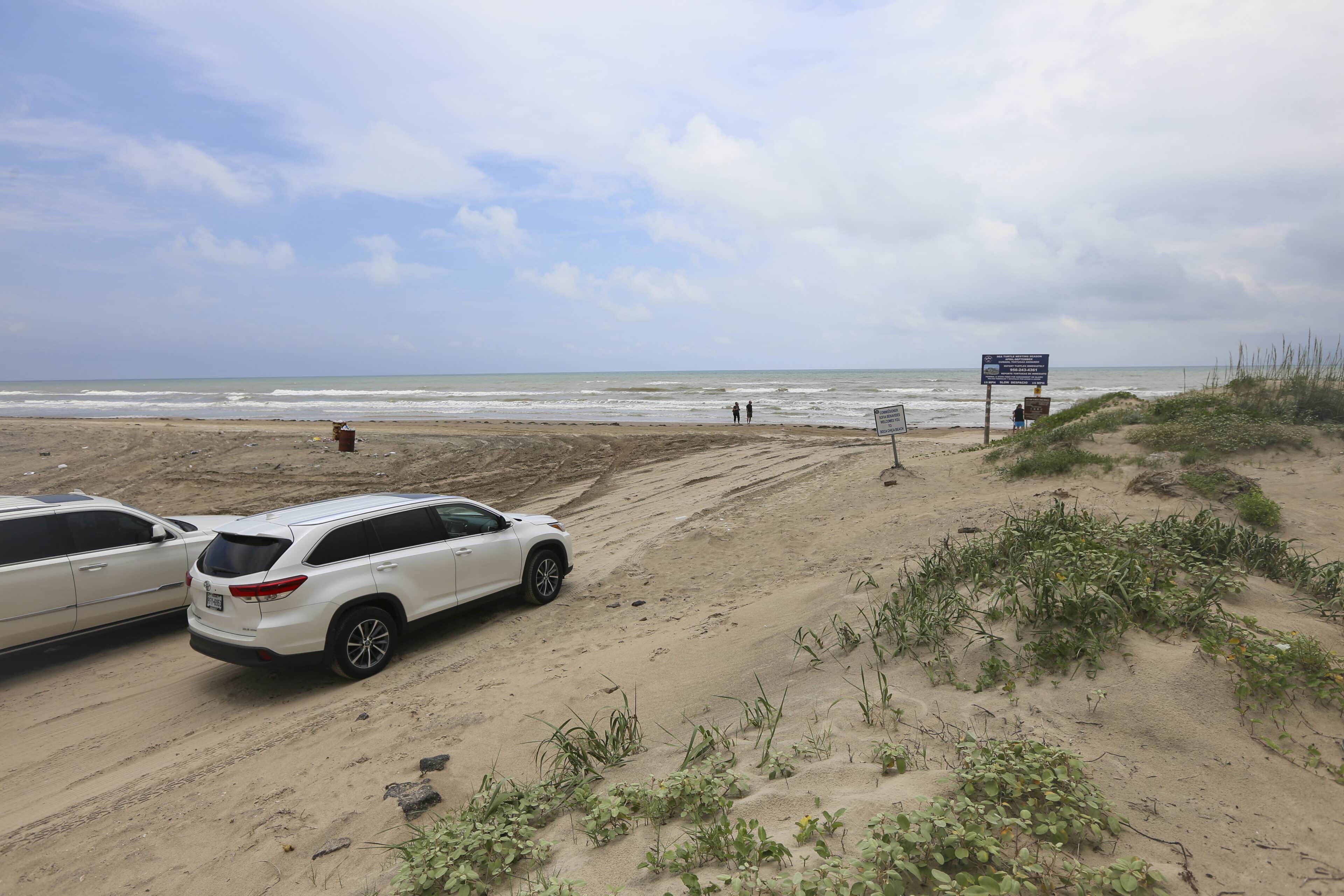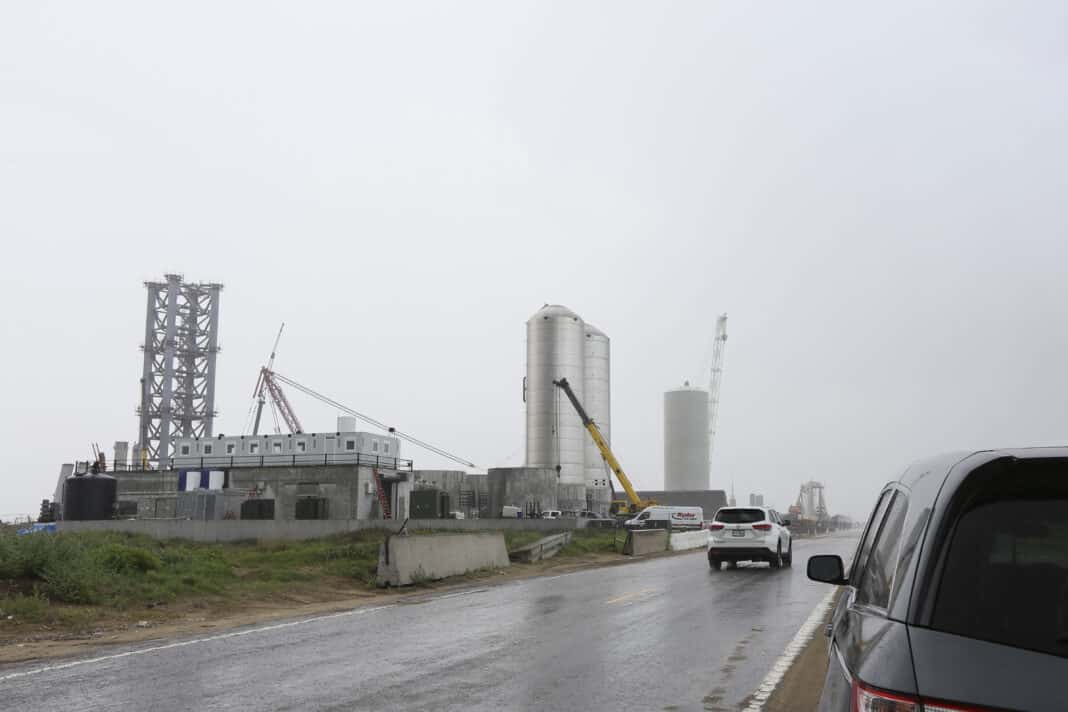In the beginning, a company called SpaceX said it wanted to launch up to 12 times a year from Boca Chica Beach, where it planned to build the world’s first commercial spaceport.
That’s after the Hawthorne, Calif.-based company chose Boca Chica, a little over 20 miles east of Brownsville as the crow flies, as the site of its new spaceport over other candidates — partly because of geography and partly due to generous incentives from the state. The Federal Aviation Administration approved closures of the beach and S.H. 4 leading to it for up to 180 hours per year for the company to launch satellites via its Falcon 9 and/or Falcon Heavy rockets.
SpaceX’s intentions for Boca Chica changed dramatically, however, and now the company is building and testing prototypes of its Starship moon and Mars rocket at an accelerated pace and employing about 1,500 people at the complex now dubbed “Starbase,” with plans for orbital launches offshore in the near future using reconfigured oil drilling platforms.
In December 2020 the FAA approved SpaceX’s request to increase the allowed closures to 300 hours a year. For local residents used to being able to access the beach more or less when they wanted, the more frequent closures that now accompany SpaceX’s frenetic rate of rocket construction and testing are hard to bear.
While some are thrilled by the prospect of Cameron County becoming a center of cutting-edge aerospace, many others are dismayed to see the natural gem that is Boca Chica Beach become increasingly restricted to the public. Further, the closures requested by SpaceX and ordered by the county have far exceed the initial 180 hours per year and even the 300 hours granted by the FAA last year.
That’s according to David Newstead, who, as director of the Coastal Bird Program for the Corpus Christi-based nonprofit Coastal Bend Bays and Estuaries Program, has been keeping track. Beginning last year it became “very difficult” to access Boca Chica Beach the necessary four times a week for bird monitoring thanks to SpaceX closures, plus the county’s pandemic-related emergency closures, he said.
Toward the end of 2019 his organization started keeping a spreadsheet on Boca Chica closures using notices the county posts on its website combined with emails Coastal Bend receives directly from SpaceX regarding closures.
“Between those two sources we sort of pieced together how frequently the closures were occurring last year,” Newstead said.

The data revealed that S.H. 4 and the beach were closed 75 percent of week days during parts of April and May last year, he said.
“I think (SpaceX) had been nicked about doing things on weekends, so they sort of started leaving the weekends alone to the extent they could,” Newstead said. “This year starting in January their whole testing schedule starting getting a lot more aggressive.”
Although the FAA limits closures to 300 hours per year, by the end of April 2021 the total highway and beach closures had already spanned 357 hours, he said. In a recently launched scoping phase of a new Environmental Assessment by the FAA of SpaceX’s future planned operations at Boca Chica, the company is requesting that the maximum be raised to 500 hours per year, Newstead said.
The original closure hours were negotiated between SpaceX and regulatory officials and are contained in the Record of Decision for the FAA Environmental Impact Statement done several years ago, and in the Memorandum of Agreement between the county and the Texas General Land Office, though that MOA hasn’t been updated to reflect the new 300-hour limit, he said.
Also confusing to the public is the fact that, despite county closure orders, it’s never really clear whether the highway and beach are actually closed when they’re supposed to be, plus instances when sheriff’s deputies have closed the beach and highway before an official order has even been issued, Newstead said.
Cameron County Judge Eddie Trevino Jr., who signs the closure orders, said there has been confusion over who is responsible for enforcing the closure limits — the county or the FAA.
“I think that’s something that we’re still in the process of trying to figure out,” he said. “That’s why we’re reaching out to (the FAA) and other agencies to try to get some definitive answer or clarification going forward.”

Trevino said the county is stuck between trying to accommodate SpaceX’s needs so the company can keep making progress toward developing a spacecraft that can carry humans to the moon and Mars, while at the same time not cutting off public access to Boca Chica Beach to an unreasonable degree.
“Believe it or not we don’t say yes all the time, and we’re trying to work with SpaceX to develop a more organized and predictive schedule … from a working standpoint in order to allow them the time that they need in order to keep moving forward on the project and development and testing, and from the public’s perspective so that way they can better plan and have a better idea of when the beach is going to be open,” he said.
“There’s got to be some give and take in order for this to be successful. We’re in the process of inventing the wheel right now, so there are some growing pains associated with it.”
Trevino said that, as the county’s top elected official, he would hate to see the county pass up a potentially transformational economic opportunity that he hopes will eventually benefit every resident, not to mention the Rio Grande Valley and the state, despite the inconvenience, frustration and environmental impact it’s causing in the short term.
“I’m trying to make it a win,” he said. “I get it. Nobody wants to lose access to the beach and we certainly don’t want to have any environmental damage. By the same token, this could be literally generational and we might be the center of space development for the next 50 years.”





